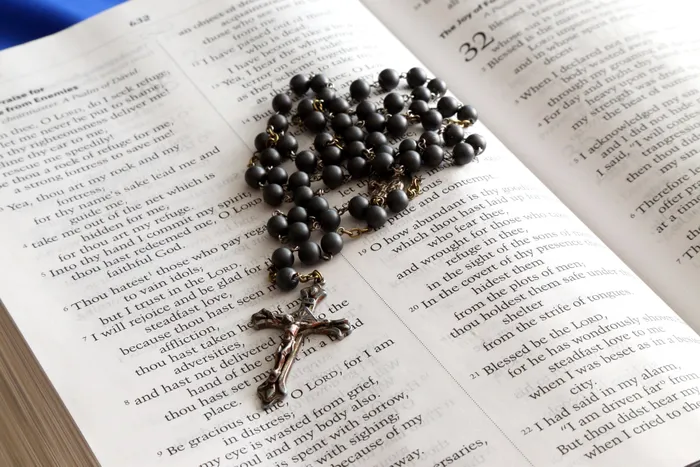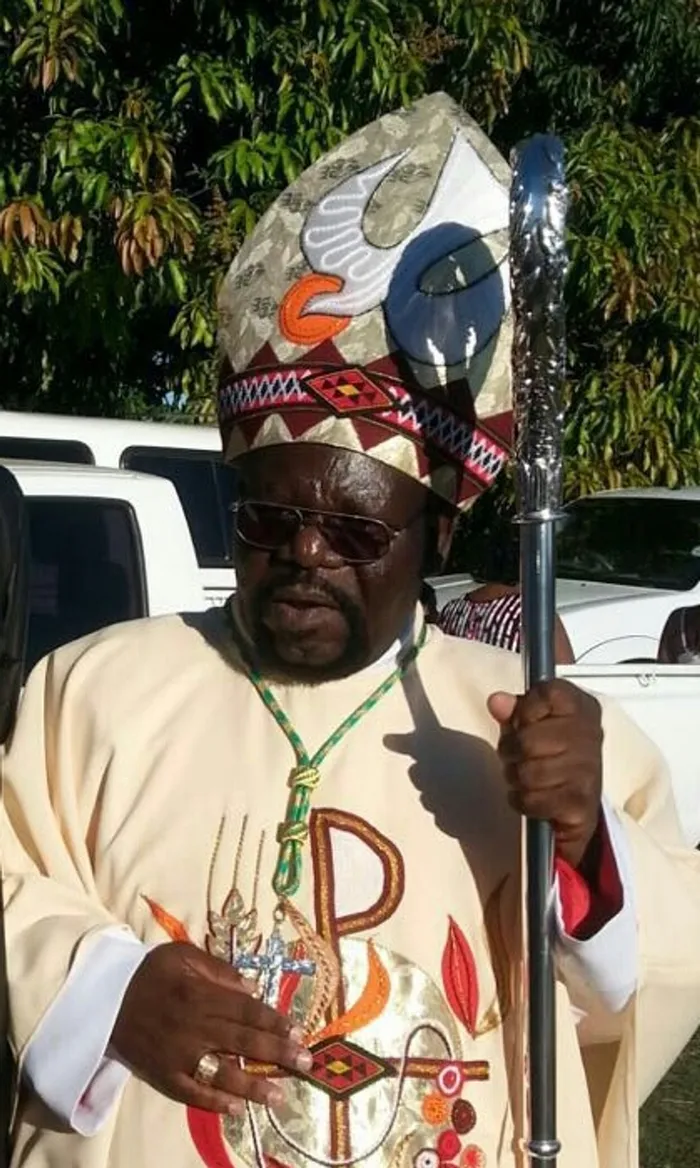
KwaZulu-Natal's Catholic bishops' decision to ban the blending of religion and traditons, known as syncretism, is facing a backlash from members of the Catholic church who feel undermined by this decision.
Image: Pixabay

Archbishop Siegfried Mandla Jwara of the Durban archdiocese who among the signotories of the September 16 letter that condemned and banned ancestral rituals in the Roman Catholic Church in KwaZulu-Natal.
Image: File
MEMBERS of the Roman Catholic Church are livid over the recent letter signed by various Catholic bishops in KwaZulu-Natal banning members of the church from participating in ancestral rituals and consulting traditional healers.
Some members described the decision that condemned syncretism (the blending of African culture and religion) as rushed and reckless and one that has the potential to seal the fate of the church in South Africa among the black congregants.
Businessman Vusi Mvelase, a prominent Catholic member, said he was disappointed by the bishops' decision.
He said the decision came unexpectedly and said he's still in disbelief the church arrived at this decision.
He said they won't keep quiet and fold their arms when they are instructed to abandon their culture and heritage learnt through generations.
"When I burn impepho (African sage), I am no longer allowed to do that. I am no longer allowed to remember the departed. I won't allow that," said Mvelase.
Mvelase said he doubted that the decision came from the headquarters of the church, the Vatican City, Rome, in Italy.
"If it means we should take this matter to Pope Leo XIV, so be it, because we can't keep quiet when we see that we are being taken for granted," said Mvelase.
He said they grew up in the church, and all along they knew that ancestral rituals and traditions were observed.
"When we have tombstone unveiling ceremonies, we invite the priests to come and bless the ceremony, but now they won't come. Tell me, what is that?"
He said what irks him the most about the bishops' letter is that it had also outlawed the Zulu traditional dancing (ukusina).
Mvelase was adamant that this decision was not well considered or was meant to fight tradition.
"There are many of us who are angry, who don't even want to hear this thing," said Mvelase.
Another prominent Catholic, Bhekithemba Maphumulo, said he can't even remember how long he had been a Catholic member, but this decision was unheard of.
"I strongly believe in tradition. Right now my head is spinning over what I heard. The truth is, the aim of this decision is to suppress the congregants," said Maphumulo.
He said he would like people to be given a platform to air their grievances before things get worse.
Maphumulo said if the bishops don't reconsider this decision, it might likely cause the church to perish.
"It's painful what's going to happen to this church. We are not going to continue to be members of a church that doesn't care about our traditions."
Independent Media understands that some parishes announced the decision of the letter to the congregants a few weeks ago. The decision also didn't go well with some of the priests, as some of them fully embrace ancestral rituals, while others are even traditional healers (izangoma).
The September 16 letter threw a book over coloured water, coloured candles, consultations with tarot card readers, palm readers and traditional healers.
The letter also banned the slaughter of chickens and goats, the blessing of oils, and the non-liturgical wild dancing.
The pastoral letter was signed by Archbishop Siegfried Mandla Jwara of the Durban archdiocese and eight fellow bishops condemning the mixing of Catholic teaching with African spiritual practices such as ubungoma (divination).
The church, through Archbishop Jwara, has so far not responded to any media queries since the Sunday Tribune broke the story last week.
SUNDAY TRIBUNE